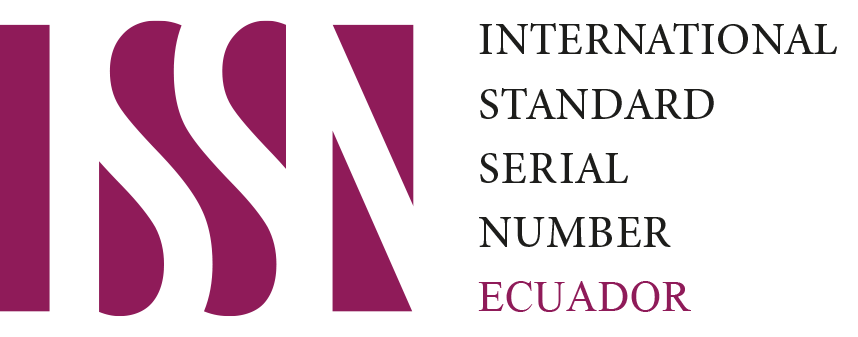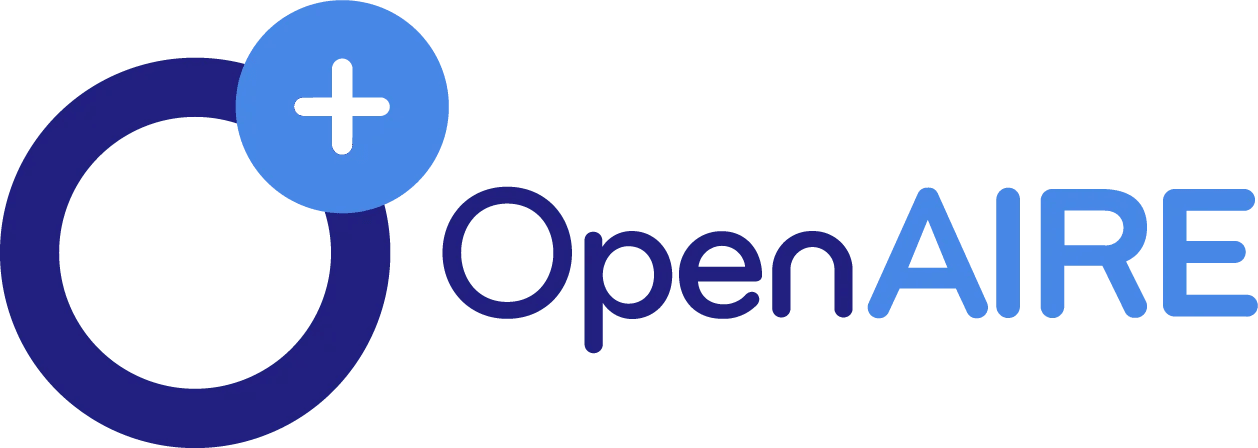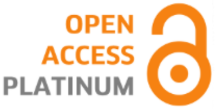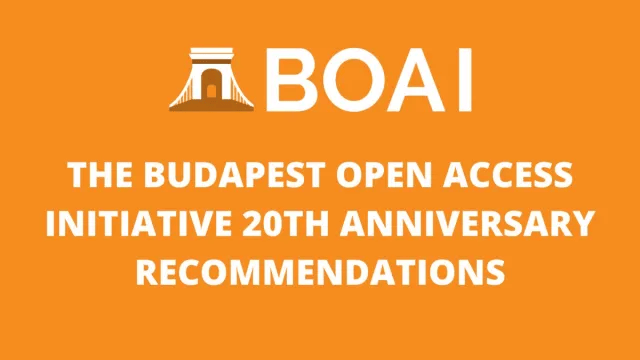Ontoepistemic reflections: mental health and its impact on higher education
DOI:
https://doi.org/10.5281/zenodo.14195201Keywords:
mental health, health psychology, higher educationAbstract
The article explored ontoepistemic reflections on mental health in higher education, focusing on its impact on students and faculty. It defined mental health as a biopsychosocial well-being that goes beyond the absence of clinical symptoms. It identified the university transition and the second academic year as critical stages of stress and emotional disruptions due to academic, social, and economic pressures. Students faced adaptation challenges, academic stress, and concerns about their future, while faculty dealt with working conditions that affected their well-being. The text emphasized the importance of psychoemotional interventions and guidance strategies, as well as understanding mental health as a dynamic process influenced by individual and contextual factors. It proposed a comprehensive approach considering knowledge, attitudes, and social structures, highlighting faculty and counselors as key agents in preventing and promoting well-being. The article urged universities to integrate mental health into their pedagogical strategies, fostering metacognitive skills and providing resources to manage stress. It also encouraged overcoming the stigma associated with psychological help, promoting an inclusive environment that prioritizes collective well-being as essential for academic and personal success.
Downloads
References
Adame, M. T., Álvarez, M. & Bisquerra, R. (2013). Principios, objetivos y funciones de la orientación vinculada a la salud mental. En R. Bisquerra (Coord.). Modelos de orientación e intervención psicopedagógica (pp. 41-54). Ciss Praxis.
Garita, A. V. (2013). La orientación para la salud mental: Reflexiones para delimitar un campo de intervención profesional. Revista Electrónica Educare, 17(2), 55-68. http://www.scielo.sa.cr/scielo.php?script=sci_arttext&pid=S1409-42582013000200004&lng=en&tlng=es
Mogollón P, A. S., Rozo Reyes, C. M., & Carmona Moreno, L. D. (2005). La salud y la promoción de la salud:una aproximación a su desarrollo Histórico y social. Revista Ciencias de la Salud, 3(1), 62-77. https://revistas.urosario.edu.co/index.php/revsalud/article/view/578/497
González, M. T., & García, M. L. (1994). Psicología de la salud y educación para la salud. El contexto universitario como marco en prevención y educación para la salud. Aula, 6, 127-142. https://gredos.usal.es/bitstream/10366/69135/1/Psicologia_de_la_salud_El_contexto_escol.pdf
World Health Organization. (2022). Mental health: Strengthening our response. https://www.who.int/news-room/fact-sheets/detail/mental-health-strengthening-our-responseMcKie, A., & Naysmith, S. (2014). Promoting critical perspectives in mental health nursing education. Journal of Psychiatric and Mental Health Nursing, 21(8), 679–686. https://doi.org/10.1111/jpm.12061
Hathcoat, J. D., Meixner, C., & Nicholas, M. C. (2019). Ontology and epistemology. In The Palgrave Handbook of Research Methods in Health Social Sciences (pp. 1367–1383). Springer. https://doi.org/10.1007/978-981-10-5251-4_56
Priestley, M., & Mazzoli-Smith, L. (2023). A Foucauldian-informed approach to coproducing student mental health initiatives in higher education. International Journal of Qualitative Methods, 22, 1–14. https://doi.org/10.1177/16094069231215234
Dall’Alba, G., & Barnacle, R. (2007). An ontological turn for higher education. Studies in Higher Education, 32(6), 679–691. https://doi.org/10.1080/03075070701685130
Joseph, S., Beer, C., Clarke, D., & Forman, A. (2009). Qualitative research into mental health: Reflections on epistemology. Mental Health Review Journal, 14(3), 2–6. https://doi.org/10.1108/13619322200900006
Norton, M. J. (2023). Peer support working: A question of ontology and epistemology? International Journal of Mental Health Systems, 17, Article 17. https://doi.org/10.1186/s13033-023-00570-1
Osborne, E., Anderson, V., & Robson, B. (2021). Students as epistemological agents: Claiming life experience as real knowledge in health professional education. Higher Education, 82(1), 149–164. https://doi.org/10.1007/s10734-020-00571-w
Laliberte, S., & Varcoe, C. (2021). The benefits of a historical–dialectical ontology to critical mental health promotion research. Health Promotion International, 36(3), 792–801. https://doi.org/10.1093/heapro/daaa024
Daniels, L., & Alston, L. (2024). Epistemological and ontological beliefs of educational psychology doctoral students. International Journal of Teaching and Learning in Higher Education, 35(2), 42–57. https://docs.lib.purdue.edu/ijtlhe/vol35/iss2/5/
Published
Data Availability Statement
The datasets used and/or analyzed during the current study are available from the corresponding author on reasonable request.
Issue
Section
License
Copyright (c) 2025 Carmen M. Marín, José R. Abreu (Autor/a)

This work is licensed under a Creative Commons Attribution-NonCommercial-ShareAlike 4.0 International License.


































